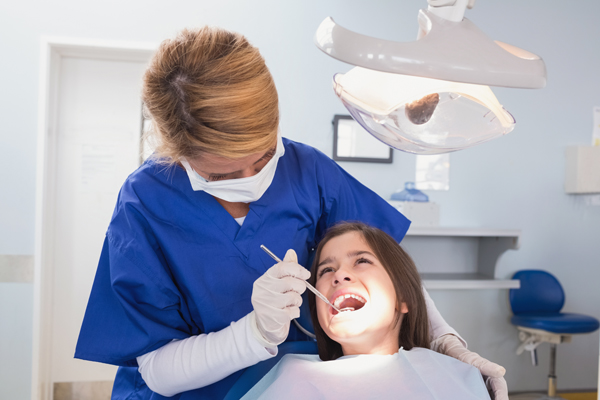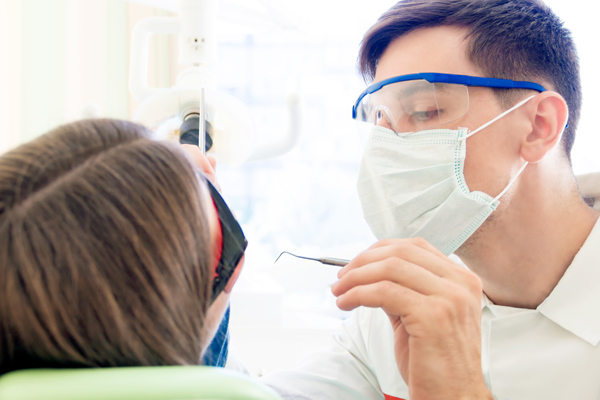Visit a Family Dentist in Placentia for Help With Your Dental Anxiety
 Being a family dentist in Placentia places us in an extremely important position, one that is unique to family physicians, and dentists. We become your confidant and the people most likely to talk about dental issues that nobody else would necessarily be willing to do. This includes the question of fear. Fear of dentists is a phenomenon that spans the globe and can be found in every country that practices dentistry. From right here at the office of a family dentist in Placentia to all around the country, there are people who are deadly afraid of going to the dentist. Even among people who do go, they have a level of anxiety before the visit. We have found that anywhere from 9 percent to 20 percent of patients experience mild to severe anxiety before a dentist visit, especially while in our waiting room. For people who do actually go to the dentist, this anxiety can be the result of many things, including a bad experience somewhere else, or because they have not been in for a while and are concerned about the state of their teeth. We are happy that you are coming in regardless of your fear because there is an entire group of Americans who will never visit a dentist office barring an emergency dental situation. For 26 percent of the country, they would rather have bad oral health and terrible teeth than ever consider visiting a dentist office. This kind of fear and anxiety is perfectly normal. It is something we deal with every day as a practicing family dentist in Placentia.
Being a family dentist in Placentia places us in an extremely important position, one that is unique to family physicians, and dentists. We become your confidant and the people most likely to talk about dental issues that nobody else would necessarily be willing to do. This includes the question of fear. Fear of dentists is a phenomenon that spans the globe and can be found in every country that practices dentistry. From right here at the office of a family dentist in Placentia to all around the country, there are people who are deadly afraid of going to the dentist. Even among people who do go, they have a level of anxiety before the visit. We have found that anywhere from 9 percent to 20 percent of patients experience mild to severe anxiety before a dentist visit, especially while in our waiting room. For people who do actually go to the dentist, this anxiety can be the result of many things, including a bad experience somewhere else, or because they have not been in for a while and are concerned about the state of their teeth. We are happy that you are coming in regardless of your fear because there is an entire group of Americans who will never visit a dentist office barring an emergency dental situation. For 26 percent of the country, they would rather have bad oral health and terrible teeth than ever consider visiting a dentist office. This kind of fear and anxiety is perfectly normal. It is something we deal with every day as a practicing family dentist in Placentia.
How your family dentist can help you overcome your fear of dentistry
What we have discovered is that we can help you make the transition from absolute fear to a level of understanding, and thus make the visit less intense and more comfortable. To do this, you have to be willing to do three things. First, you must confront the fear that you have and identify it. Unnamed and non-specific fears tend to become exaggerated in our own minds. In order to counter this, we want to narrow down what you are afraid of. Some people are afraid of the tools we use, others are afraid that they may experience pain while still others are concerned that they cannot be in control when sitting in the chair. All of these are legitimate, and once we isolate what fear is bothering you the most, we can work around it to make you more comfortable. Second, you must be educated about the processes and work we do. When you know how much care we take, the precautions, and the skill that goes into the work, you will know that you are in good hands. Even more importantly, the more you know about something, the less likely you are to fear it. We are always here to answer questions and even show you the equipment if you need to do so to overcome some fears. The final step is to establish a routine of care. When you make a habit of coming in at least two times per year for maintenance, cleaning, and a routine examination, you build up a sense of familiarity with the dentist, the equipment, and the processes, which will help you greatly in completely overcoming your fears.
As a family dentist we can help you to overcome your dental anxiety.
Family Dentistry > Dental Implants Being a
Being a 
